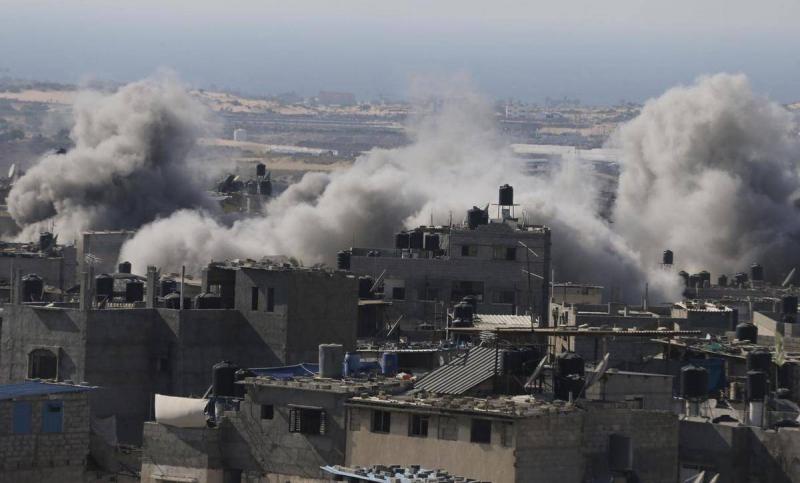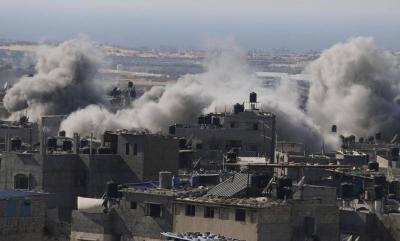Life is beginning to return to normal on both sides of the Gaza Strip border today, Sunday, after a ceasefire mediated by Egypt ended a five-day confrontation between Israel and the Palestinian Islamic Jihad, which resulted in the deaths of 34 Palestinians and one Israeli.
Officials from both sides confirmed their commitment to the ceasefire, although they provided differing clarifications on its terms, including whether Israel would halt targeting leaders of armed Palestinian factions.
Israel resumed opening border crossings for the movement of goods and trade and allowed fuel to flow to the sole power plant in the Gaza Strip. Shops and public services reopened their doors, and movement returned to the streets that had appeared deserted for days.
In southern Israel areas adjacent to Gaza, schools remained closed today, while many of the thousands of evacuated residents have not yet returned. Gadi Yarkoni, the head of several towns near Gaza, commented to Radio 103 FM, "It is not easy to return after such a situation."
The recent confrontation, the longest since the ten-day war in 2021, began when Israel launched a series of airstrikes in the early hours of Tuesday, announcing that it was targeting Islamic Jihad leaders whom it claimed were planning attacks against it. In response, the movement launched over a thousand rockets, forcing Israelis to seek shelter.
In a statement today, Muhammad al-Hindi, a senior leader of Islamic Jihad and a participant in the ceasefire negotiations held in Cairo with Egyptian officials, said, "We are committed to the truce agreement as long as the enemy is committed to it."
Israel denied making any such commitments, stating only that it would cease "fire as long as there is no threat."
Israeli Finance Minister Bezalel Smotrich, a member of the security cabinet led by Netanyahu, told Radio Kan: "We will continue to make every necessary effort, taking into account only one thing, which is to serve the security interests of Israel." Smotrich added, "We dealt a severe blow to Islamic Jihad, but we have not solved the Gaza problem. This is a problem that requires a more dramatic solution.”
The Islamic Resistance Movement (Hamas), which governs the Gaza Strip, did not participate in the fighting, and Israeli military officials stated that their strikes did not target Hamas infrastructure or leaders.
The duration of the ceasefire has not yet been clarified. The latest wave of fighting came just one week after another round that saw ongoing nighttime confrontations and gunfire even as the ceasefire agreement was being finalized.




